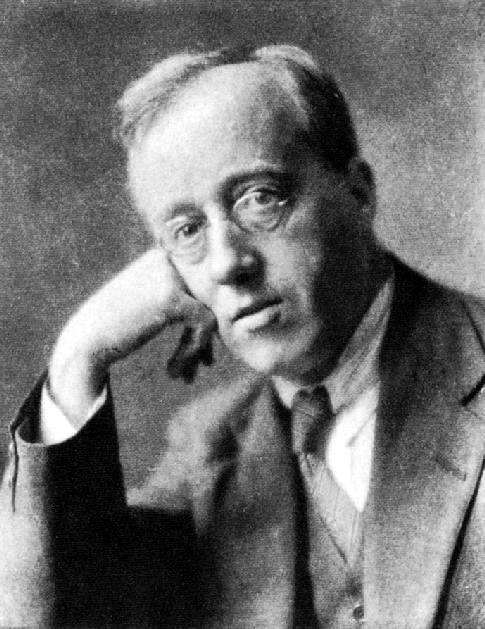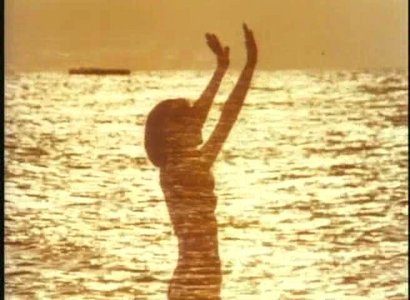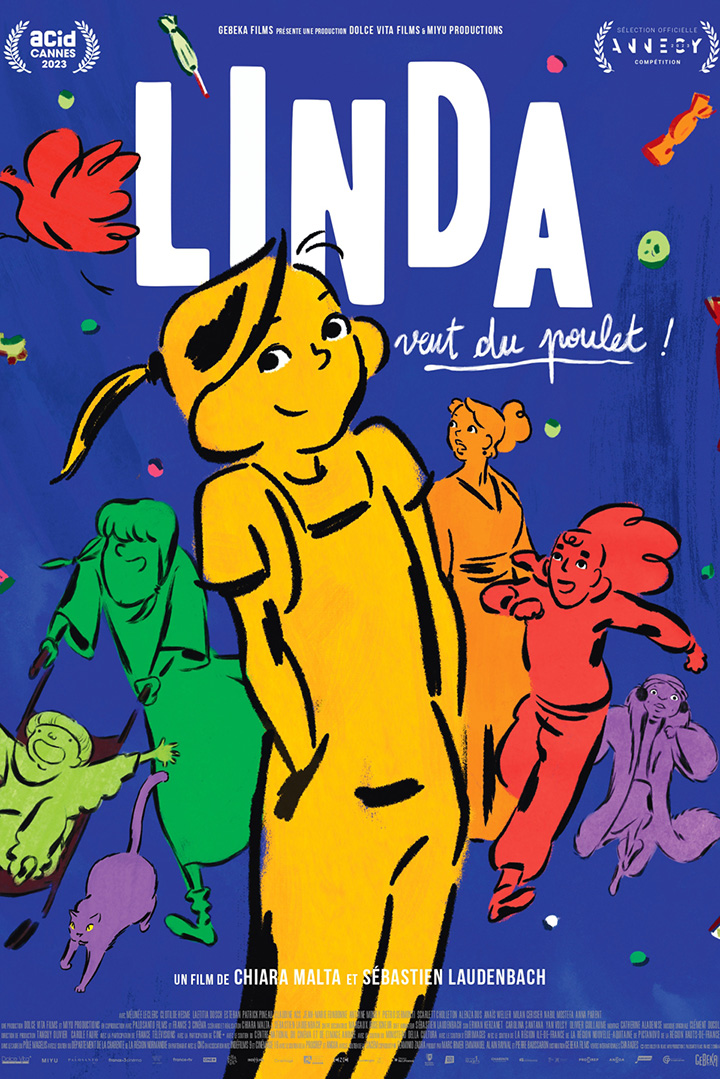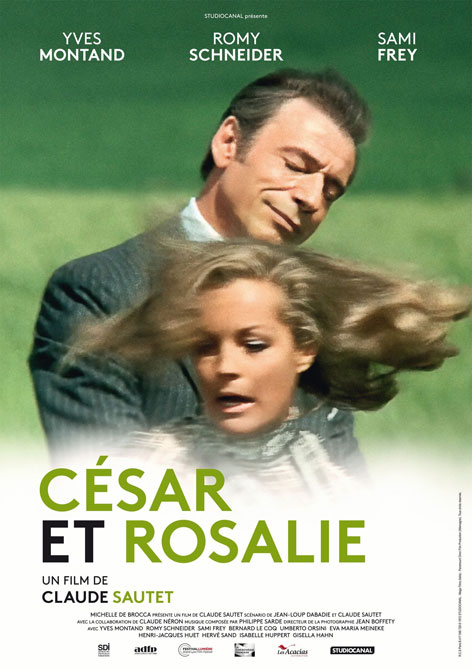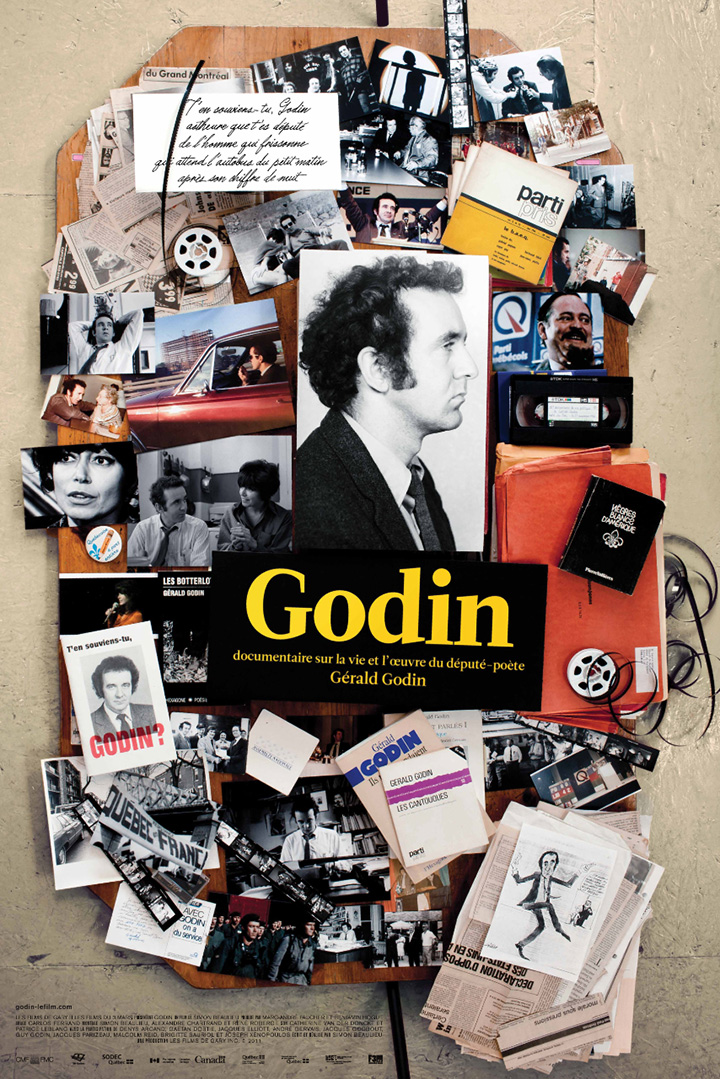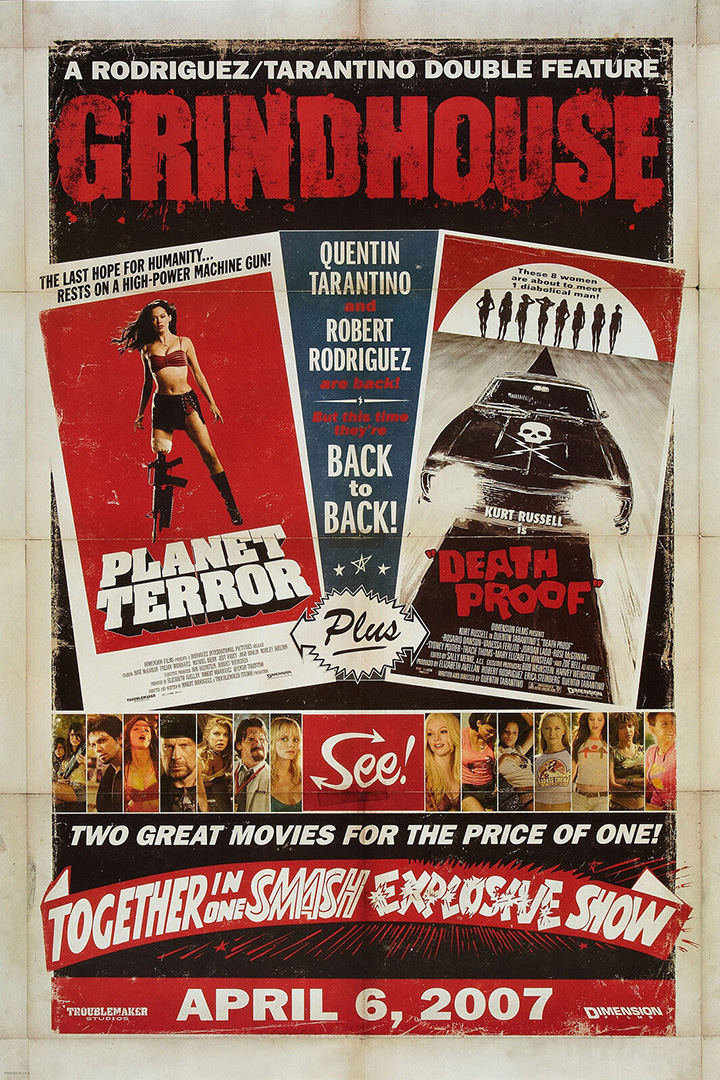The Planets
Our summer cycle will be festive or not. Sound and image, song and dance, instrument and breathing, strings and gestures: so many possible combinations to express what cinema and music can achieve and express together. Musicals, concert films, catchy music. Jazz, classical, contemporary, disco, punk... Revolt and enchantment, distress and emphasis, joy and rhythm, melancholy and bass, laughter and stridency: diverse expressions characterizing cinema and music's historical alliance, will definitely make us fly, dream, dance!
From the 30's to the present day and across all possible genres, this cycle aims to open our minds at a time when we most need it. The first week of July will be an eventful one, as the cycle will open with several evenings in cabaret mode, where we will present for the first time concert films produced in Quebec during the confinement, with the participation of major artists of the current music scene: Klô Pelgag, Marie Davidson and Godspeed You! Black Emperor.
The Planets by Gustav Holst is one of the best-loved pieces of twentieth-century music. Ken Russell has taken a brilliant recording of this work, with Eugene Ormandy conducting the Philadelphia Orchestra, and illustrated the music with passages from a mass of documentary material. In true Russell style, his view of The Planets is provocative, entertaining and wonderfully watchable.
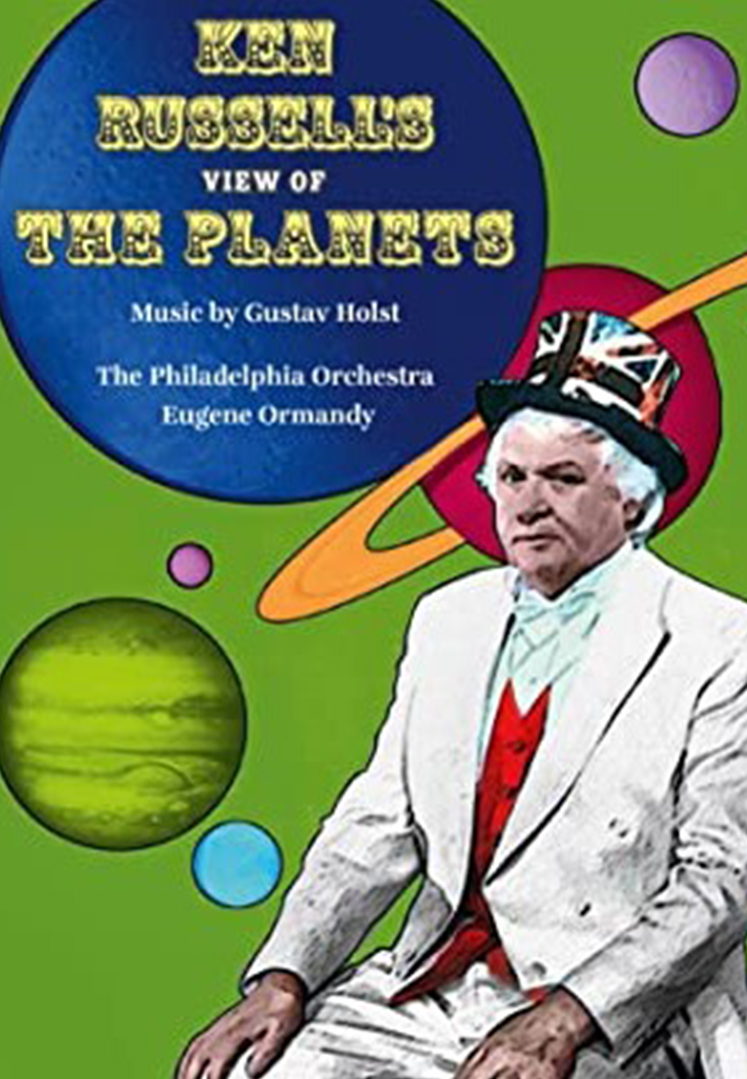
Ken Russell
Henry Kenneth Alfred Russell (3 July 1927 – 27 November 2011) was a British film director, known for his pioneering work in television and film and for his flamboyant and controversial style. His films in the main were liberal adaptations of existing texts, or biographies, notably of composers of the Romantic era. Russell began directing for the BBC, where he made creative adaptations of composers' lives which were unusual for the time. He also directed many feature films independently and for studios. (Wikipedia)
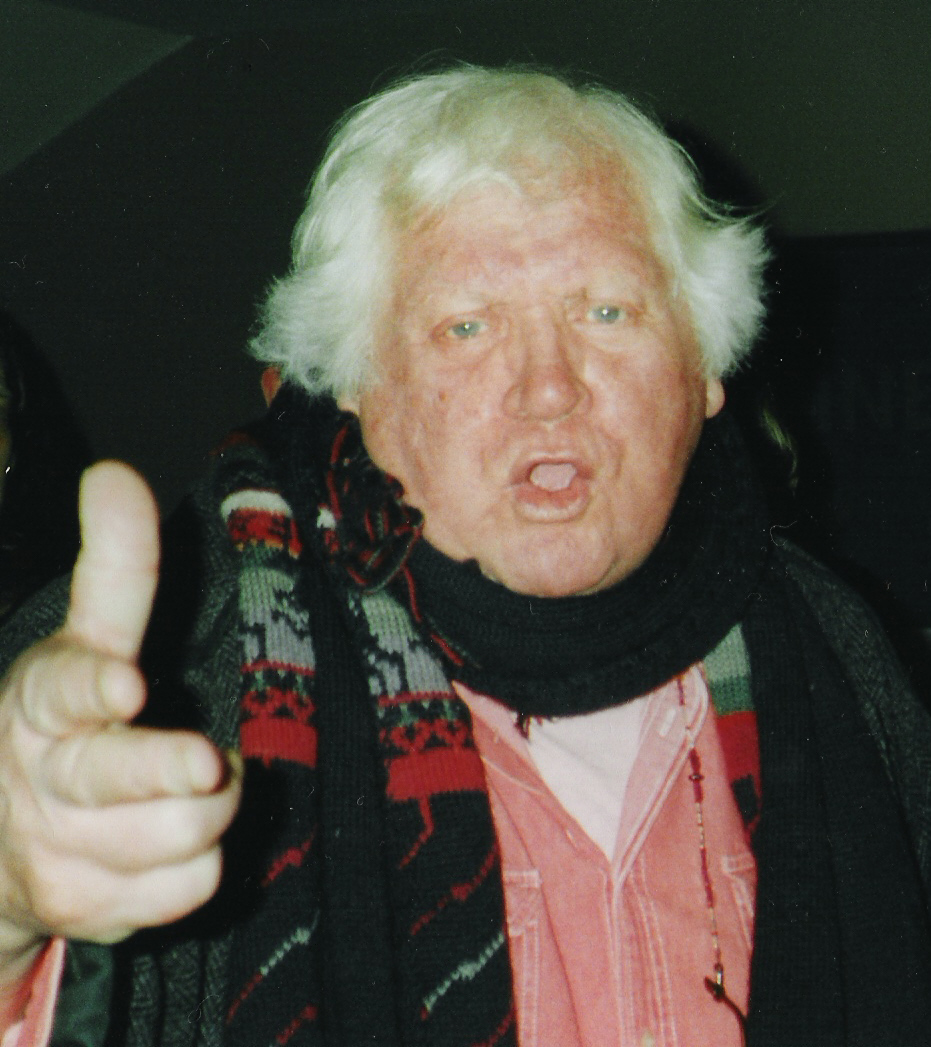
Gustav Holst
Gustav Theodore Holst (21 September 1874 – 25 May 1934) was an English composer, arranger and teacher. Best known for his orchestral suite The Planets, he composed many other works across a range of genres, although none achieved comparable success. His distinctive compositional style was the product of many influences, Richard Wagner and Richard Strauss being most crucial early in his development. The subsequent inspiration of the English folksong revival of the early 20th century, and the example of such rising modern composers as Maurice Ravel, led Holst to develop and refine an individual style. (Wikipedia)
